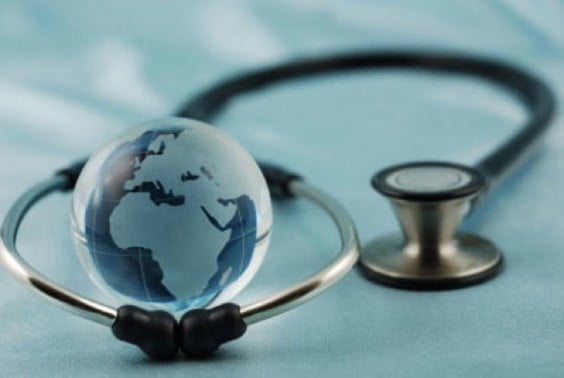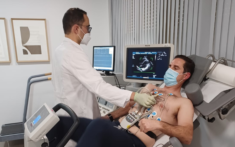Since the origins of mankind, the unhealthiness of food has been a major health problem. Governments around the world are making every effort to increase the safety of food but the existence of foodborne disease remains a significant problem in both developed countries and developing countries health.
Food is the both chemical and biological (virus, parasites and bacteria) primary exposure to pathogens, known Over 200 diseases are transmitted through food. It is estimated according to the World Health Organizatio (WHO) every year millions of people fall ill, many of whom die from eating unhealthy foods. Only diarrheal diseases kill about 1,8 million children every year, and most of them are attributable to contaminated water or food. Members seriously concerned WHO, States adopted in the year 2000 a resolution in which the fundamental role of food safety for public health is recognized.
Food safety encompasses actions aimed at guaranteeing the maximum possible food safety in all aspects of the food chain - production, preparation, sale and consumption. It guarantees the obtaining of healthy, nutritious and risk-free food for the population's consumption. Policies and activities that pursue this goal should cover the entire food chain, from production to consumption. Following these safety principles, a food should not cause harm to the consumer when it is prepared or ingested.
The most worrying problems related to food safety are:
- The spread of microbiological risks. A 75% of new human infectious diseases have appeared in recent 10 years were caused by bacteria, viruses and other pathogens that arose in animals and animal products. Many of these human diseases are related to the handling of domestic and wild animals during food production in markets and slaughterhouses.
- Chemical contaminants in food: acrylamide, for example, is a carcinogenic substance, which is formed from natural ingredients during cooking at high temperatures (generally above 120 ° C) of some foods, such as french fries, the cereal products and coffee. The food industry is trying to find ways to reduce exposure to these chemicals. This is essential to prevent foods are fried or too are roasted.
- Evaluation of new food technologies such as genetically modified foods.
- Creation in most countries of robust systems to ensure food safety and ensure the safety of the global food chain. Interconnections current global food chains make pathogens in food are transmitted more widely and at greater distances, increasing the frequency of food-and the number of places affected by these diseases.
WHO, with the aim of minimizing health risks throughout the chain, from the producer to the consumer and preventing outbreaks, tries to promote what are known as the "key 5 for food safety". These five keys to improve food safety are the following:
- 1 key: Keep it clean
- Key 2: Separate raw and cooked foods
- Key 3: Cook food thoroughly
- 4 key: Keep food at safe temperatures
- 5 key: Use safe water and raw materials
In conclusion we can say that the responsibility for food safety is shared and we can all contribute to it.
They can contaminate food in any link of the chain from production to consumption. All participants in the supply chain should be taken to maintain food safety, from the producer to the consumer, via the processor and seller. Handling at home is also essential to prevent outbreaks of disease and that responsibility is for each and every one of us.
Dra. Mari Carmen Mafe Nogueroles
Specialist Internal Medicine Policlinico San Carlos








